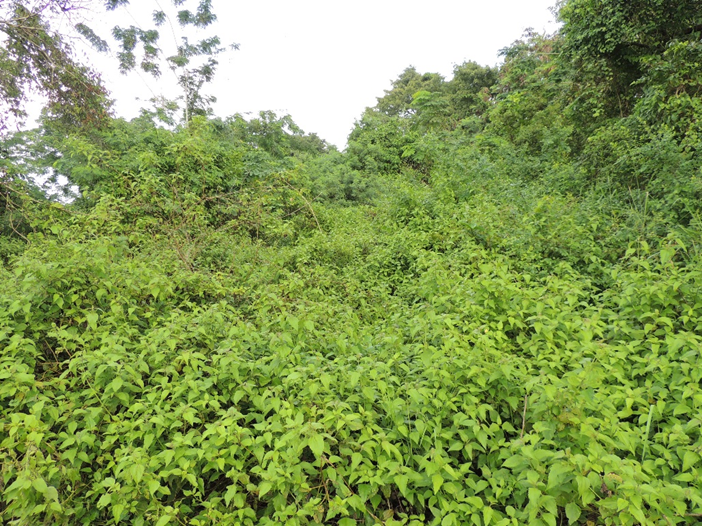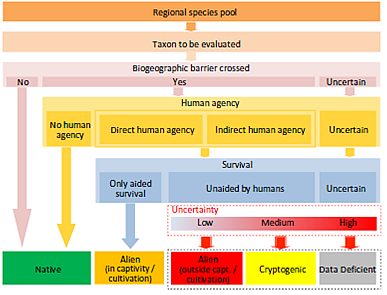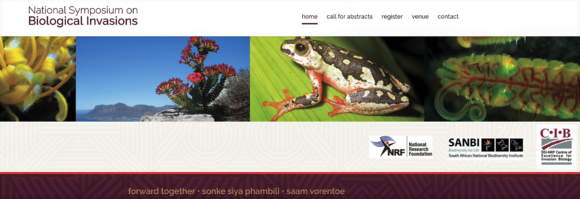Findings from a paper by a C·I·B post-doctoral fellow, Ross Shackleton, highlight how a recent invader, Siam weed (Chromolaena odorara), has significant negative impacts on the livelihoods of local communities and the environment in Tanzania.
The paper was co-authored by Dave Richardson (C·I·B Director), Arne Witt (C·I·B Research Fellow) and Winnie Nunda, a colleague from the Centre for Agriculture and Biosciences International (CABI Africa) in Kenya.

Siam weed, which is native to tropical Central and South America, was introduced accidently into north-western Tanzania about 10 years ago. It is a prominent invader in other parts of Africa, Asia and Australia, and is considered one of the world’s worst weeds. The impacts of the invader on biodiversity are well understood, however, the implications on human livelihoods are less well known.
By conducting interviews with members of local communities, Shackleton and colleagues found that Siam weed was ranked as one of the key stressors for agro-pastoralists in the study area, along with insufficient grazing, lack of water and diseases.
Findings from the study also highlights that Siam weed has numerous negative impacts, such as loss of natural vegetation which affects grazing and availability of natural resources. Local villagers noted that Siam weed invasions seem to affect wildlife which has implications for the local tourism industry. Locals were of the opinion that Siam weed invasions reduce water availability and accessibility for people and livestock. Furthermore, 90 % of respondents in areas with high levels of invasions suggested that these invasions reduce crop yields.
This was summed up by a quote from one village elders near the Serengeti ‘‘Siam weed has killed us because it has killed our crops and our livestock.’’
“This invader has massive negative effects on the livelihoods of these already vulnerable villagers and management is needed to reduce the negative effects,” said Shackleton. “Without proper management the impacts will rise. It is important that more research needs to be focused on how invasive species impact humans as this kind of evidence could be used to raise funding to aid management in the future.”
The paper, which was published in Biological Invasions, and also further discusses management options – with the focus of implementing biological control.
Read the paper by Shackleton and colleagues
For more information, Ross Shackleton at rosss@sun.ac.za


